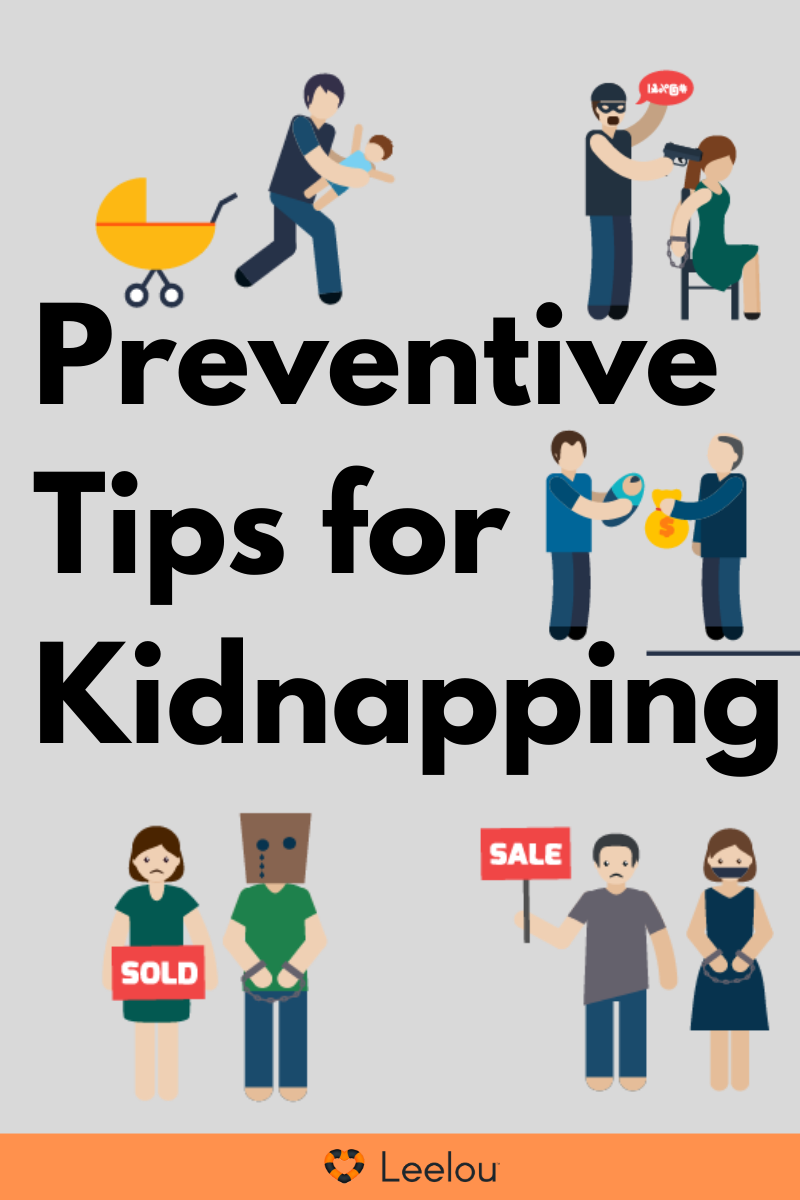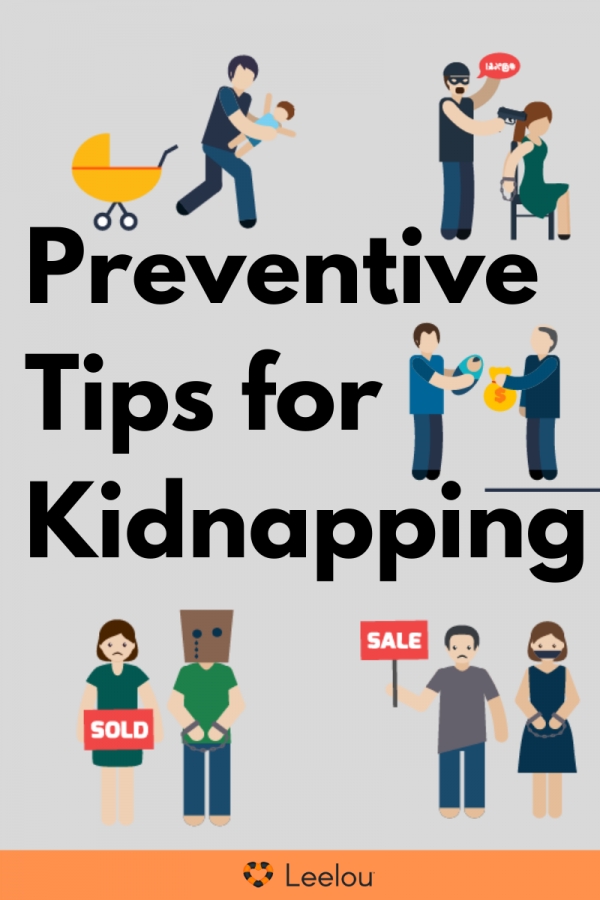
Every parent has something in the corner of their minds how they can effectively protect their children today. They cannot explore the secret underworld of child kidnappers to prevent their children from child kidnapping. The responsibility may refer to the law enforcement agencies to get rid of child kidnappers, abusers, and paedophiles next door or somewhere else. However, the real responsibility is for the parents to make sure that they look after their children to the fullest. Parents need to completely rethink their attitude about child kidnapping incidents.
What is Child Kidnapping?
There are plenty of kinds of child kidnapping or abduction and could happen in terms of family kidnapping, divorce parents can kidnap their child, and typical kidnapping or abduction. When a person does attempt of removing, concealing and retaining a kid is known as child kidnapping. It can happen by using the force wrongfully, likewise using the real method of kidnapping, or persuading a child to come alongside a person. When a family member tries to take a child somewhere against the will is known as family kidnapping. Mostly divorced parents do that at the time when a child under court –order custody finally announces the decision in the favour of another parent, then one out of two does parental kidnapping or abduction taking their child from his father or mother.
Here are few tips to prevent them.
Young children should:
- Never say they are alone if they answer the phone: they can offer to take a message or say their parents will phone back.
- Never answer the door if they are alone.
- Not invite anyone into the house without the permission of a parent or babysitter.
- Not go into people's houses without letting anyone know where they are.
- Never get into anyone's car without permission.
- Not take candy or other gifts from strangers or anyone else without asking a parent first.
- Never play in deserted buildings or isolated areas.
- Scream and scatter books and belongings if they are forced toward a building or car.
- Move away from a car that pulls up beside them if they do not know the driver.
- Be taught their full telephone number and address.
- Be taught that it's all right to say 'no' to an adult if the person wants them to do something you've taught them is wrong.
- Know that no one has the right to touch any part of their bodies that a bathing suit would cover.
- Tell you, school authorities or a police officer about anyone who exposes private parts.
- Tell you if someone has asked them to keep a secret from you.
- Go to the nearest cashier if lost or separated from you in a store or mall.
Teens should:
- Tell you where they are at all times or leave a written or recorded message at home. Never hitchhike.
- Avoid shortcuts through empty parks, fields, laneways or alleys.
- Run home or go to the nearest public place and yell for help if they are being followed.
- Learn to recognize suspicious behavior and remember a description of the person or vehicle to give you or the police. Write the plate number in the dirt or snow if nothing else is available.
- If attacked for money, jewelry or clothing give it up rather than risk injury.
- Feel that they can talk to you and call you to pick them up any time, any place.
Parents should:
- Avoid clothing and toys with your child's name on it. A child is less likely to fear someone that knows his/her name.
- Check all potential babysitters and older friends of your child.
- Never leave a child alone in a public place, stroller or car. Not even for a minute.
- Always accompany young children to the bathroom in a public place and advise them never to play in or around the area.
- Always accompany your child on door-to-door activities, i.e. Halloween, school fundraising campaigns, etc.
- Point out safe houses or homes with the Block Parent sign where children can go if they are in trouble.
- Keep an up-to-date colour photograph of your child, a medical and dental history, and have your child fingerprinted.


